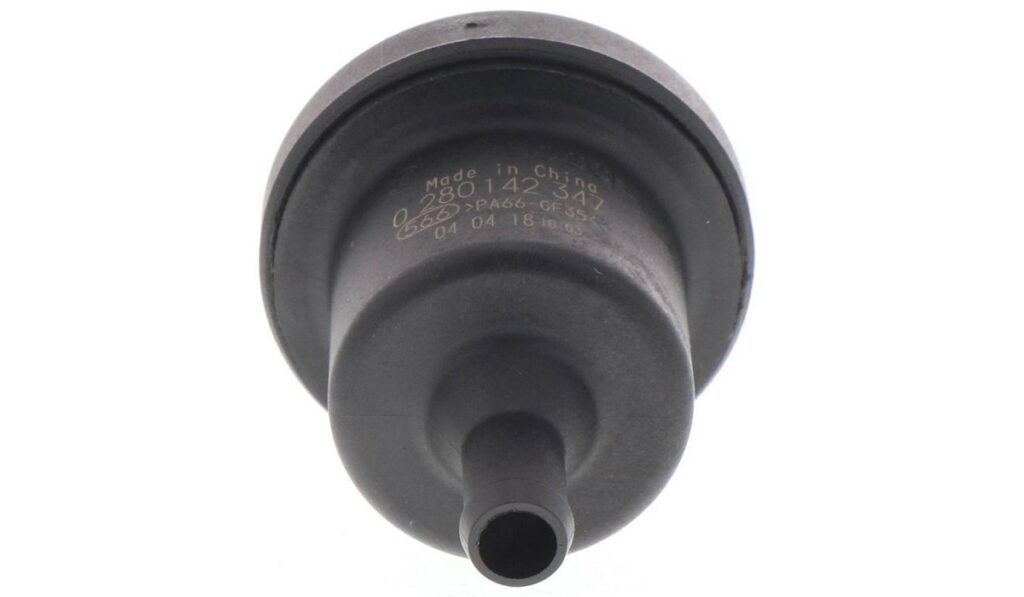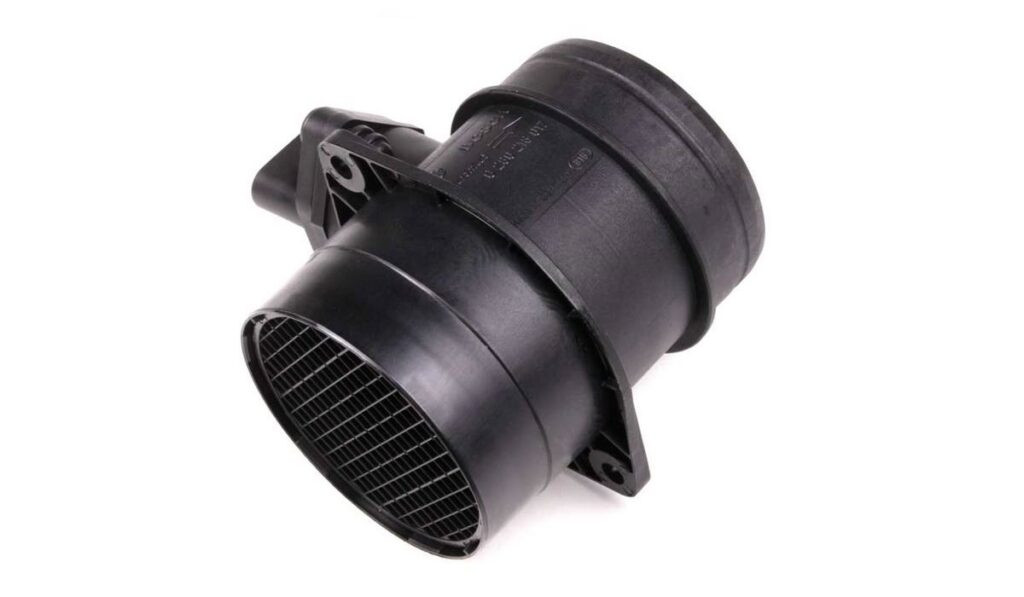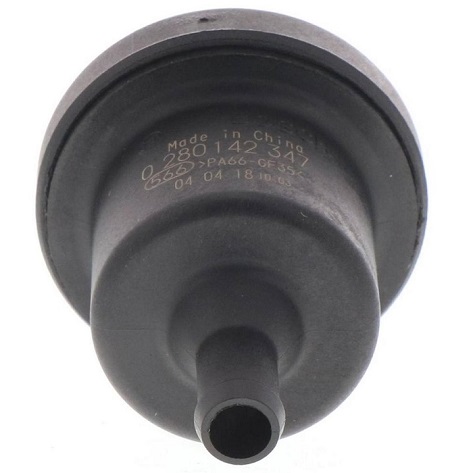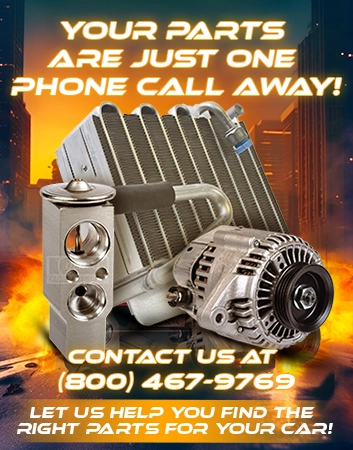While the VR6 engine series is famous for its formidable capabilities, it is not entirely immune to certain issues. Among these, warm stall problems have emerged as a concern for some VW VR6 engine owners. Warm stalls manifest when an engine stalls after reaching operating temperature, usually when you reach a stop light.
In this guide, we will try to explain the warm stall problems that have left some owners scratching their heads. We will not only shed light on the underlying causes of warm stalls in these engines but also equip you with valuable diagnostic steps, preventive measures, and potential solutions to address and overcome this pesky issue.

VW VR6 Warm Stall — What is it, and Why Does it Happen?
Warm stalls in VW VR6 engines can be a perplexing and frustrating issue for owners. To understand why they occur, let’s first explain the concept of warm stalls and the factors contributing to this phenomenon.
Warm Stalls Defined
A warm stall refers to a situation where a vehicle’s engine experiences difficulty idling or stalls completely after reaching its normal operating temperature. Unlike cold starts, where the engine might struggle momentarily due to thicker oil and lower temperatures, warm stalls occur when the engine should be running smoothly and efficiently.
Causes of Warm Stalls
Several factors can contribute to warm stall problems in VW VR6 engines, including the one that gave this issue the notoriety:
- Software Issues — The whole VR6 warm stall problem gained notoriety thanks to the early VR6 engines found in 2002 and 2003 model years with the 2.8L VR6-24V unit. These had a notorious software flaw where the ECU couldn’t maintain a stable idle when the engine reached its operating temperature. One TSB and a software update solved this issue for most owners of the affected vehicles. However, the fact of the matter is that not all affected vehicles showed signs of warm stall software bug. Some are just now experiencing this problem. If your vehicle fits the year and engine model above, you will need to contact your VW dealership to have the issue sorted out.
- Fuel Mixture Issues — The engine’s fuel-air mixture needs to be precisely balanced for smooth operation. Problems with the air intake, mass airflow sensor, or fuel injectors can disrupt this balance, leading to an unstable idle or stalling.
- Idle Control Valve (ICV) Dysfunction — The idle control valve is responsible for regulating the engine’s idle speed. If it becomes dirty or malfunctions, it can affect the engine’s ability to maintain a stable idle when warm.
- Throttle Position Sensor (TPS) Problems — The throttle position sensor provides feedback to the engine control unit (ECU) about the position of the throttle. A faulty TPS or TPS connector can cause irregularities in idle speed and lead to stalling.
- Engine Sensors and Wiring — Various sensors, such as the coolant temperature sensor and oxygen sensor, play vital roles in engine performance. Malfunctioning sensors or damaged wiring can disrupt the engine’s operation, leading to warm stall issues.
- Vacuum Leaks — Leaky vacuum hoses or intake manifold gaskets can introduce unwanted air into the engine, affecting the air-fuel ratio and causing instability in warm conditions.
- Ignition System Problems — Issues with spark plugs, ignition coils, or the ignition control module can result in misfires and contribute to warm stalls.
- Clogged Fuel Filters — A clogged fuel filter can restrict fuel flow, leading to inadequate fuel supply and affecting engine performance when warm.
Impact of Warm Stalls
Warm stalls can be more than just a minor inconvenience. They may pose safety risks in situations where the engine stalls unexpectedly, such as during slow-moving traffic or at intersections. Additionally, repeated stalling can put additional stress on engine components and potentially lead to long-term damage if left unaddressed.
Common Symptoms of Warm Stall in VW VR6 Engines
Identifying the symptoms of warm stall problems in VW VR6 engines is crucial for quick diagnosis and resolution. Below are some of the most common signs that may indicate your engine is experiencing warm stall issues:
Rough Idling
One of the earliest indicators of a warm stall problem is rough idling. When the engine reaches its normal operating temperature, it may start to idle erratically, fluctuating in RPM (revolutions per minute). The idle speed may become unstable, causing the engine to vibrate or shake noticeably.
Sudden Loss of Power
You might notice a sudden and unexpected loss of power during warm conditions. This can occur while driving, especially when you decelerate or come to a stop. The engine may struggle to maintain a steady idle or may stall completely, leaving you with reduced power and responsiveness.
Stalling When Coming to a Stop
As you slow down or approach a stop, the engine may stall instead of smoothly idling. This can be particularly dangerous in traffic situations or intersections, posing safety risks.
Hesitation During Acceleration
When you try to accelerate after slowing down or stopping, the engine might hesitate before responding, leading to a delay in power delivery. This hesitation can be intermittent or consistent, depending on the severity of the warm stall issue.
Check Engine Light (CEL) Illumination
In some cases, the engine’s onboard diagnostics system may detect issues related to the warm stall problem and trigger the check engine light on the dashboard. Retrieving diagnostic trouble codes (DTCs) from the ECU can provide valuable information to aid in pinpointing the underlying cause.
Reduced Fuel Efficiency
A warm stall problem can affect the engine’s efficiency, leading to increased fuel consumption. If you notice a sudden drop in fuel economy without any apparent reason, warm stall issues may be the culprit.
Engine Overheating
Though not directly related to warm stalls, engine overheating can be a consequence of related issues. For instance, a malfunctioning coolant temperature sensor could cause incorrect readings, leading to improper cooling system operation and eventual engine overheating.
Diagnostic Steps for Identifying Warm Stall Issues

Diagnosing warm stall problems in VW VR6 engines requires a systematic approach to identify the underlying causes accurately. Here are step-by-step diagnostic procedures to help you pinpoint the root of the warm stall issue:
- Check for Diagnostic Trouble Codes (DTCs) — Use an OBD-II scanner to retrieve any diagnostic trouble codes (DTCs) stored in the engine’s computer. DTCs can provide valuable clues about the specific components or systems that may be contributing to the warm stall problem.
- Inspect the Idle Control Valve (ICV) — The ICV regulates the engine’s idle speed. Remove and clean the ICV to ensure it operates smoothly. A dirty or malfunctioning ICV can disrupt the idle control, leading to warm stall issues.
- Examine the Throttle Position Sensor (TPS) — Inspect the TPS to ensure it is functioning correctly. A faulty TPS can cause irregularities in idle speed and contribute to stalling when the engine is warm.
- Check for Vacuum Leaks — Inspect all vacuum hoses, gaskets, and intake manifold connections for leaks. Unwanted air entering the engine can disrupt the air-fuel mixture, leading to unstable idle and stalling when warm.
- Inspect Fuel System Components — Check the fuel filter and fuel injectors for clogs or malfunctions. A restricted fuel supply can cause lean or rich fuel mixtures, impacting engine performance and leading to warm stalls.
- Verify Engine Sensors and Wiring — Ensure all engine sensors, such as the coolant temperature sensor and oxygen sensor, are functioning correctly. Faulty sensors or damaged wiring can cause erratic engine behavior, contributing to warm stalls.
- Test the Ignition System — Check the condition of spark plugs, ignition coils, and the ignition control module. A malfunctioning ignition system can lead to misfires and exacerbate warm stall issues.
- Perform Idle Relearn Procedure — Some VR6 engines may require an idle relearn procedure to recalibrate the idle speed after cleaning or replacing certain components. Follow the manufacturer’s instructions for the specific relearn process.
- Update ECU Software (if applicable) — Check if there are any available software updates for the engine’s electronic control unit (ECU). Manufacturers may release software updates to address known issues and improve engine performance.
- Conduct Road Tests — After addressing any potential issues discovered during the inspection, conduct road tests under varying driving conditions to monitor the engine’s performance. Pay close attention to idle stability and response when the engine is warm.
Common Solutions for VR6 Warm Stall Problems
When encountering warm stall issues in your VW VR6 engine, there are several solutions that can help address the problem and restore smooth engine operation. Here are some effective remedies to consider:
Clean or Replace the Idle Control Valve (ICV)
If the idle control valve is dirty or malfunctioning, it can disrupt the engine’s idle speed and contribute to warm stall problems. Remove the ICV and clean it thoroughly with a suitable cleaner. If cleaning doesn’t resolve the issue, consider replacing the ICV with a new one.
Check and Calibrate the Throttle Position Sensor (TPS)
Verify that the throttle position sensor is functioning correctly and providing accurate feedback to the engine control unit (ECU). If necessary, calibrate the TPS to ensure proper operation. In cases of irreparable damage, replace the TPS with a new unit.
Address Vacuum Leaks
Inspect all vacuum hoses, intake manifold gaskets, and connections for leaks. Use a smoke tester or a vacuum leak detection tool to identify and repair any leaks. Properly sealed vacuum systems contribute to stable idle and reduce the risk of warm stall problems.
Clean or Replace Faulty Engine Sensors
Clean or replace engine sensors that may be contributing to the warm stall issue. This includes the mass airflow sensor, coolant temperature sensor, and oxygen sensors. Accurate sensor readings are crucial for optimal engine performance.
Check the Ignition System
Ensure the spark plugs, ignition coils, and ignition control module are in good condition. Replace worn-out spark plugs and malfunctioning ignition components to prevent misfires and improve engine responsiveness.
Inspect and Replace Fuel Filters
Regularly inspect and replace fuel filters to maintain proper fuel flow and prevent clogs. A clean fuel filter ensures consistent fuel supply to the engine, reducing the risk of lean or rich fuel mixtures that can lead to warm stalls.
Update ECU Software (if applicable)
Check for any available software updates for the engine’s electronic control unit (ECU). Manufacturers may release updates to address known issues and improve engine performance, including warm stall problems.
Perform an Idle Relearn Procedure
After performing maintenance or repairs that affect the engine’s idle characteristics, follow the manufacturer’s instructions to perform the idle relearn procedure. This recalibrates the idle speed to its optimal settings.
Monitor Engine Coolant Temperature
Keep an eye on the engine coolant temperature to ensure it stays within the normal operating range. A malfunctioning coolant temperature sensor can lead to incorrect temperature readings and engine overheating, exacerbating warm stall problems.
Fix Your VW VR6 Warm Stall Problem with Quality Parts
The VW VR6 engine series has left an indelible mark on the automotive world, captivating drivers with its unique design and powerful performance. While warm stall problems have posed challenges for some owners, the automotive industry’s constant evolution and Volkswagen’s commitment to excellence will undoubtedly lead to ongoing improvements and advancements.
While we can’t sort out the software issue for you, we can supply you with all the necessary parts to make this problem go away. Head over to our store, select your vehicle and find a comprehensive list of quality VW parts made by some of the best names in the business!



